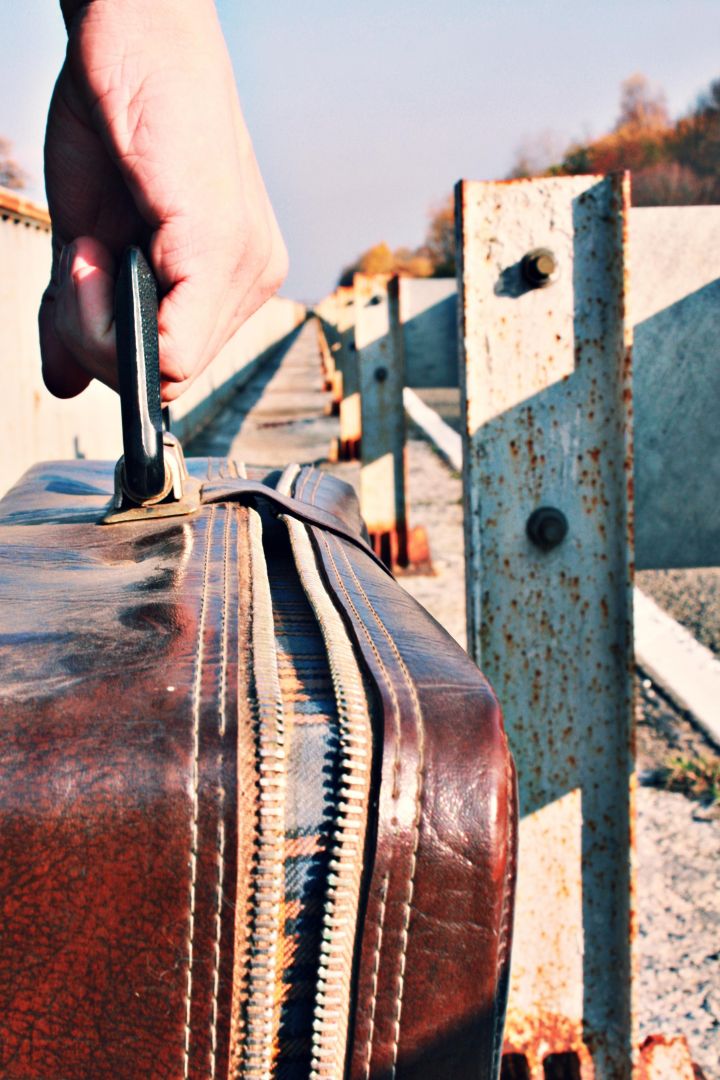In terms of humanity, is it a question of evolution or regression when we talk about our migrations, our migrant conditions, intermingled with submission or resistant freedom?
In this first quarter of the 21st century, what can the migrant-man do, at the heart of his history, at the heart of History? If man still remains a reference point, a structure that can be situated and evoked, it is no less true that cultural and scientific "advances" are increasingly deploying technicalities that suggest a post-humanity. Or even a beyond humanity: a beyond and a beyond the migrant-man.
But, until there is proof to the contrary, considering man in his part of existing, remains, at the very least, possible, as a living identity, among other identities: human being(s).
In this sense, admittedly a little excessive at the current stage of physio-anthropological advances, the human being remains, not only a quant à soi, but a relational being inscribed in a singular and at the same time collective dynamic: "being oneself for/by others".
These "natural" dynamics, with the idea today that man takes part in Nature, going beyond the "culture-nature" dialectic, leave the view of the human being open, in time and against time, in constant evolution, or more precisely, mutation (in order to escape from a strictly evolutionary scheme). Mutation is thus understood to mean a durability that is beyond reproach, an eternity in time and migrations.


